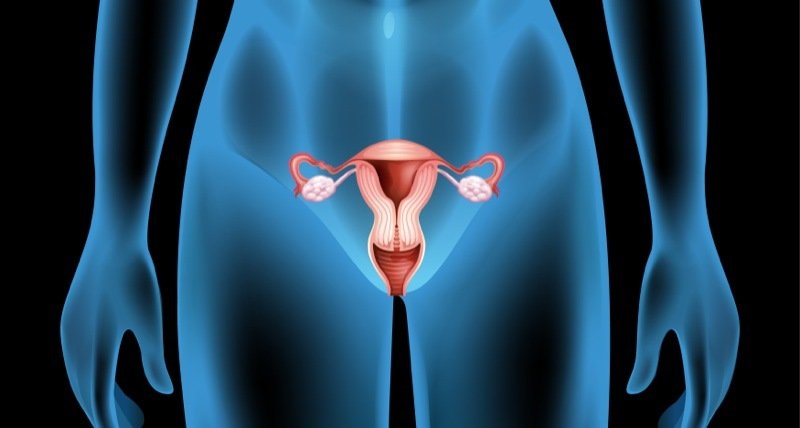Inovio’s Phase 2 trial assessing the effectiveness of VGX-3100 in patients with pre-cancerous lesions of the vulva, or vulvar intraepithelial neoplasia (VIN), has began dosing patients.
VGX-3100, a human papilloma virus (HPV)-specific immunotherapy, is being developed as a nonsurgical alternative for the treatment of HPV-related precancerous lesions and persistent HPV infection.
It works by activating functional CD8-positive T-cells to clear cells persistently infected with HPV types 16 and 18, and induce regression of the pre-cancerous lesions.
“Inovio’s VGX-3100 may provide the first approved non-surgical treatment option for women with this HPV-related pre-cancer with a high recurrence rate,” Dr. J. Joseph Kim, Inovio’s president and CEO, said in a press release. “My optimism is based on our Phase 2b efficacy results finding clearance of lesions and the HPV virus in many subjects in our evaluation of VGX-3100 in women with high grade cervical dysplasia.”
Vulvar pre-cancers, a type of lesion that affects nearly 27,000 women in the U.S. every year, can progress to invasive cancers of the vulva.
Once these lesions develop, spontaneous regression occurs in less than 5 percent of patients. Therefore, patients require surgery to remove these pre-cancerous lesions, which comes with significant health impacts, such as disfigurement, long-term pain, and psychological distress. In addition, nearly 50 percent of patients recur within three years after surgery.
From 50 to 80 percent of vulvar cancers are caused by HPV infection. Of those, HPV-16 and HPV-18 are thought to cause up to 80 percent.
“HPV-induced VIN is one of the major causes of morbidity for young and middle-aged women with HPV-induced pre-cancer. It is associated with repetitive need for surgery, multiple biopsies, and a major cause of pain and sexual dysfunction,” said Dr. Robert Edwards, chair of Obstetrics and Gynecology at the University of Pittsburgh School of Medicine at Magee-Women’s Hospital and professor of medicine in the Department of Obstetrics, Gynecology, and Reproductive Sciences at the University of Pittsburgh School of Medicine.
In a prior Phase 2 trial, VGX-3100 has shown promising efficacy and a good safety profile in patients with pre-cancerous cervical lesions associated with HPV types 16 and 18.
The randomized, double-blind, placebo-controlled trial (NCT01304524), completed in July 2014, compared the intramuscular injection of VGX-3100, followed by electroporation (tiny electric currents that open the cell’s membrane and allow the DNA molecules to enter), with placebo.
Now, Inovio Pharmaceuticals will be testing the safety and effectiveness of this cancer vaccine in 36 women with high-grade HPV-related vulvar pre-cancerous lesions. The new Phase 2 study will primarily assess the histologic clearance of the high-grade lesions, and viral clearance in the vulvar samples. Safety and tolerability of VGX-3100 will also be measured.
“Our ultimate goal is for VGX-3100 to become the ‘go-to’ immunotherapy to treat all major HPV-related premalignant diseases,” Kim said.

